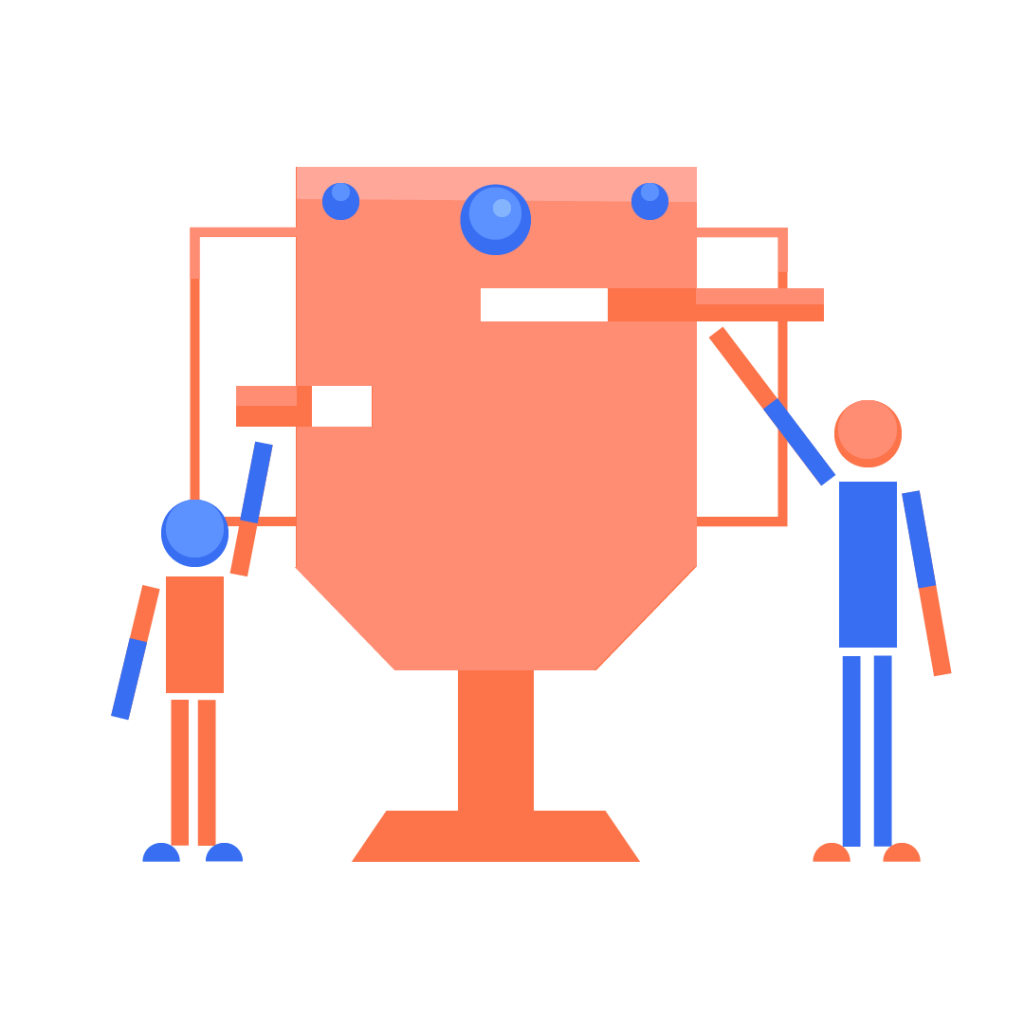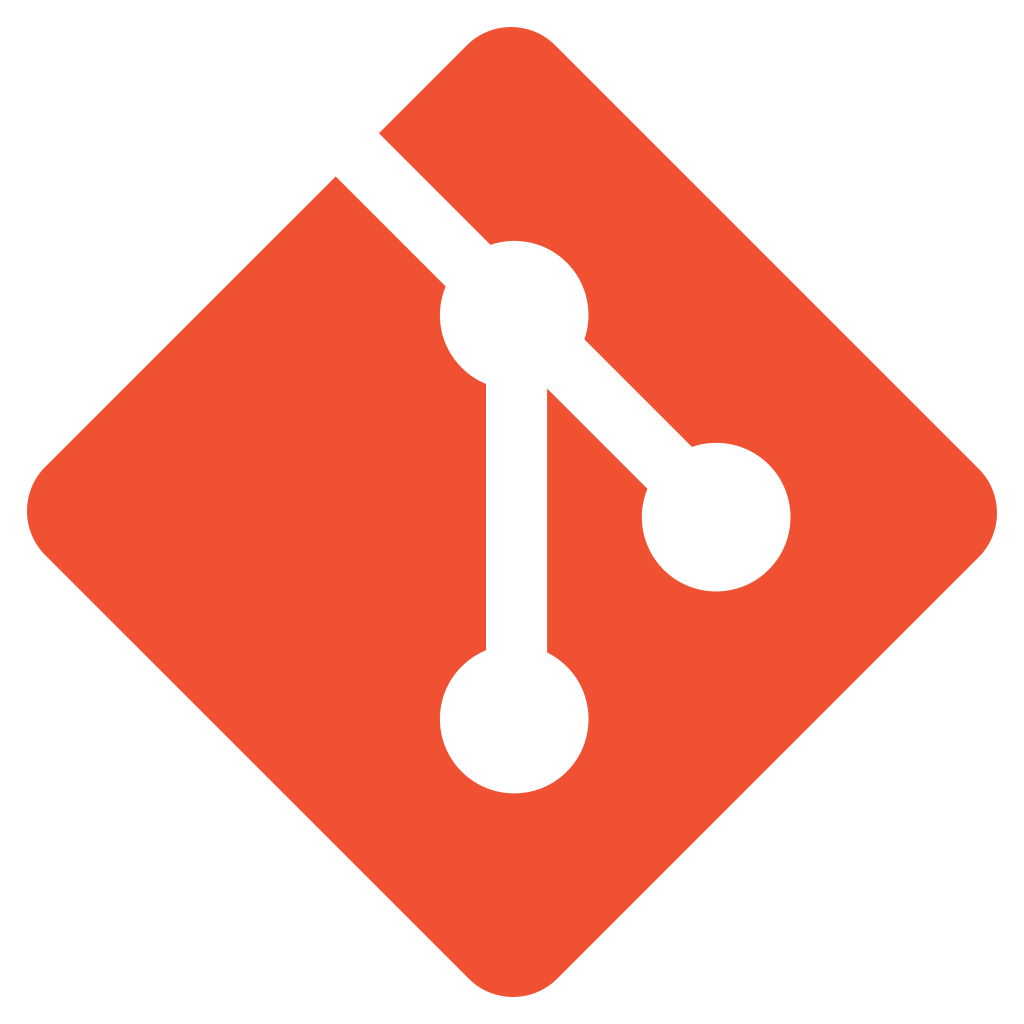Dev-Ops
Efficiency and Success
Initech has embraced the DevOps culture for efficiency and successful outcomes. We get work done by forming small, multidisciplinary teams who work autonomously and take collective accountability for customer experience. Our DevOps teams apply agile practices and include operations in the team responsibility.
Our practice of DevOps culture focuses on seven key elements in product management and lifecycle to produce the best outcomes:
Version Control
Version control is also known as source control, and it allows developers to manage their changes over a long period of time. Using version control, it can tell us who changed what, when they changed it, and where they changed it. Version control is an essential part of project development.

Continuous Integration and Deployment
Continuous integration allows developers to develop, test, and integrate code into a shared space or repository. This type of integration is then verified by automated acceptance testing and deployed to a production space.

Automated Acceptance Testing
Automated acceptance testing allows developers and quality assurance engineers to test and verify products to ensure that we deliver the best services or products possible. We strive to deliver accurate and consistent results on any project we work on.

Peer Review of Changes
Peer review is an integral part of what we do at Initech. It allows us to review and assess each other’s work. In addition, it provides an opportunity for one to learn from another. Feedback is especially important, it is an important component that strengthens communication skills.

High-Trust Culture
High trust culture involves communication, teamwork, and collaboration. At Initech Global, we work together to ensure we deliver the best products or services possible. We always strive for the highest quality of work.

Automated and Proactive Monitoring
Automated and proactive monitoring allows developers to monitor their work and visualize the work flow. By following the Agile workflow, we iteratively plan out every use case to deliver a service or product with the least amount of issues as possible.

Team Relationship between Dev and Ops for Success
DevOps simply refers to relationship between the software development (Dev) side, and the IT operations (Ops) side of engineering. We work together to strive for the highest quality possible. By integrating DevOps culture, it allows us to be more productive, be more reliable, and improve our infrastructure.

Your customers want more—and better—features. An automated software development pipeline will help you deliver them faster, but DevOps is key to building smarter. True DevOps is nothing less than full-scale culture transformation, uniting and empowering your development and infrastructure teams to deploy code at high speed. It shifts testing, provisioning, and risk and compliance earlier in the development cycle, optimizing security and performance from the start. We’re true DevOps practitioners, ready to work side by side with you to transform your organization, culture and skills. We’ll help you break down barriers and build full-stack capabilities to compete in an agile world.


